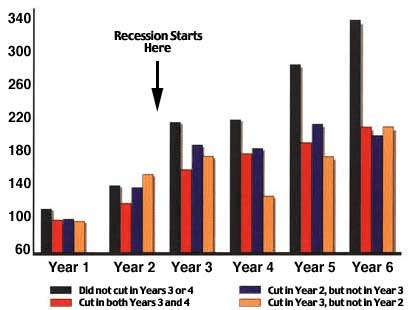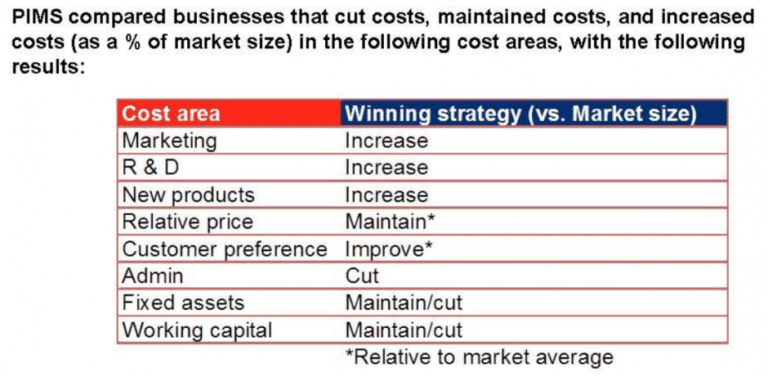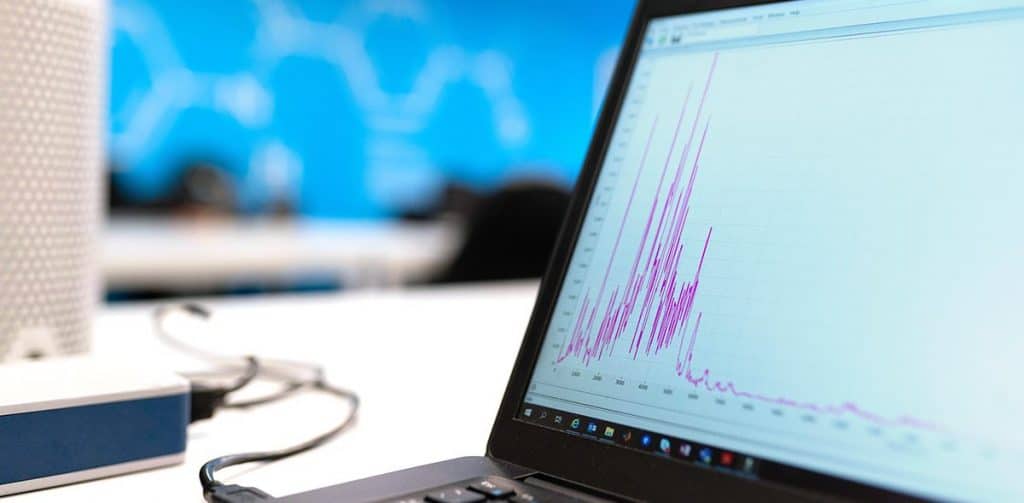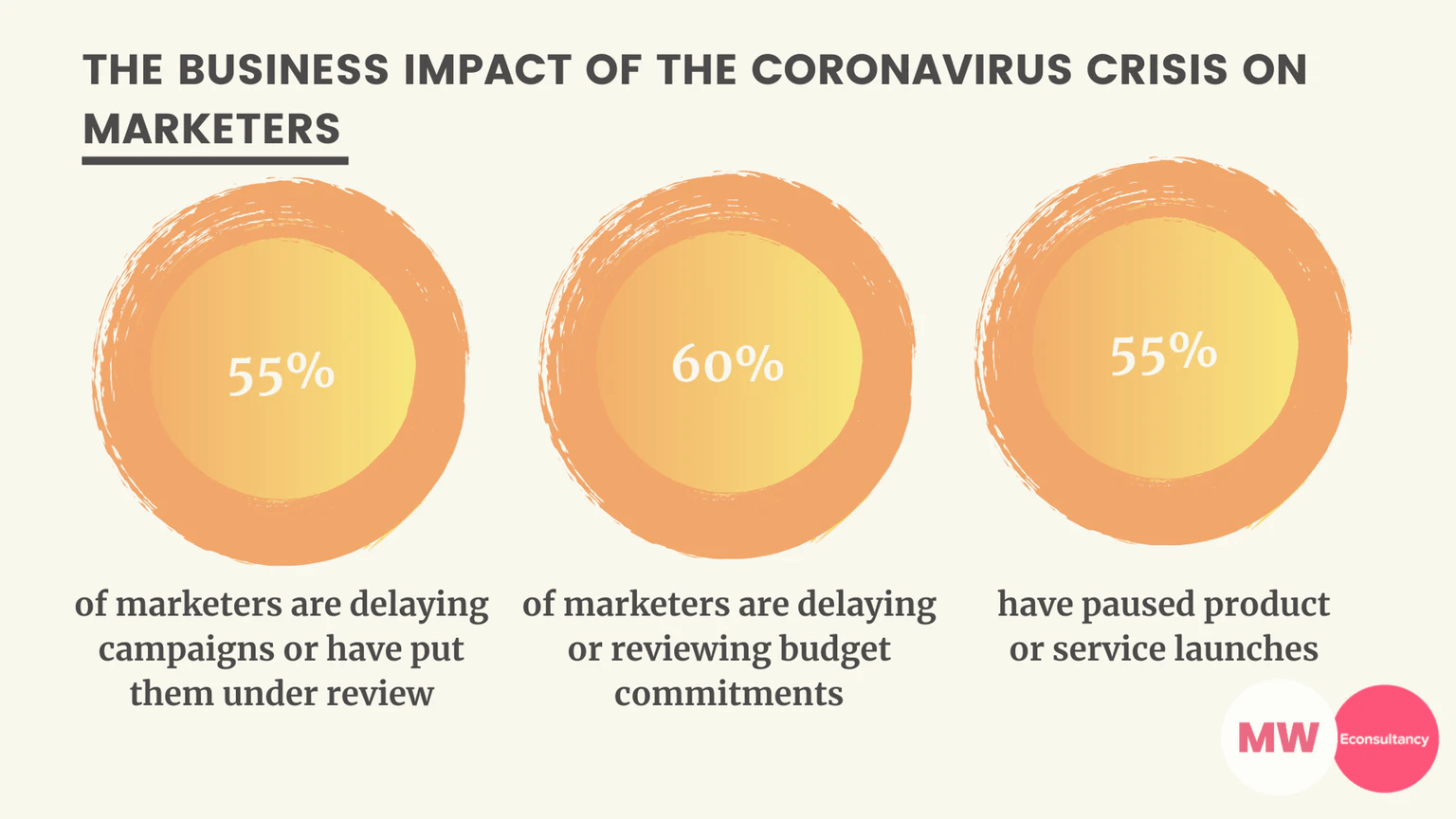Gareth Morgan, Managing Director at Liberty Marketing, explains how we can use data to navigate our businesses through the coronavirus.
To get some foothold on the current situation in this uncertainty, we need to try our best to concentrate on what we do know for certain. This involves data.
What does the data currently tell us?
This is stating the obvious, but consumer habits have changed and are likely to continue to change dramatically over the coming weeks. The following data from Ubersuggest (published 17 March) shows how both traffic and conversion rates from various industries have mostly declined week on week.

This data is in line with our own analysis. Across our client base, we are seeing around a 25 per cent drop in organic traffic. Our conversion data is skewed slightly, as some clients have had a massive increase in transactions despite a decline in traffic (likely due to stockpiling). Discounting these, we’re seeing a decline in transactions of around 20 per cent.
So, what should I do?
Marketers are understandably nervous about what to do in these times. Marketing Week found (17 March):
So with all this uncertainty, should you stop your digital marketing?
No. Absolutely not.
Whilst there are many other factors (supply chains, delivery, etc) that will undoubtedly impact the ability to operate as normal, marketing is going to play an essential factor in business continuity and recovery.
The same survey from Marketing Week found that:
- eighty-eight per cent of marketers predict an increase in consumers’ use of online services,
- eighty-six per cent of marketers expect to see a rise in social media activity,
- seventy-nine per cent predict an increase in eCommerce usage.
Those statistics aren’t surprising as more of the population are forced to work from home. However, this means that new audiences are going to be forced to shop online for items that they usually buy in person. Or, if they cannot get their usual products due to supply or delivery issues, then they are going to look for alternatives.
This presents incredible short- and long-term opportunities for marketers.
Are other crises relevant to what I should do now?
In the scramble to find some guidance and insight, many marketers (not just marketers) looked to other crises. There are certainly some relevant learnings which I’ve detailed.
McGraw-Hill Research. Laboratory of Advertising Performance Report 5262, 1986
From 1980 to 1985 McGraw-Hill research analysed 600 companies in 16 different sectors. The results showed that B2B companies that increased or maintained advertising spend during the ’81 to ’82 recessions saw higher sales growth throughout the recession and afterwards. By the end of the research in 1985, companies that kept up their advertising saw a sales increase of 256 per cent over companies that cut advertising.

The Institute of Practitioners in Advertising (IPA) Report, 2008
Directly from the report:
“It is better to maintain SOV (share of voice) at or above SOM (share of market) during a downturn: the longer-term improvement in profitability is likely to greatly outweigh the short-term reduction. If other brands are cutting budgets, the longer-term benefit of maintaining SOV at or above SOM will be even greater.”

“Whilst maintaining or reducing fixed costs was desirable, the opposite was true of marketing costs. Communications, R&D and new product development were all areas where increased expenditure was associated with business success during downturns. Improving customer preference whilst enabling maintained relative price were the means by which increased marketing expenditure drove success.”
The report further detailed the impact of cutting or halving advertising spend in the long-term.

“Following a budget cut, a brand will continue to benefit from the marketing investment made over the previous few years. This will mitigate any short-term business effects, and will result in a dangerously misleading increase in short-term profitability. The longer-term business harm will be more considerable, but will not be noticed at first.”
“Two key constituent brand relationship metrics – brand usage and brand image – suffered considerably when brands ‘went dark’ (ie, ceased to spend on communications) for a period of six months or more.”
The IPA report is covered in fantastic detail in this Drum Article – If there’s a recession in 2019, here’s what marketers should do.
What marketers need to do
With significant financial stimulus from governments and an increased ability for many companies to work from home, consumers are likely going to expect some type of service from companies where possible. This is likely to be a prolonged situation, and even though a vast majority of the population may end up quarantined, they are likely going to want to return to some semblance of normality as time goes on. This means marketers still have a job to do, even if it is in unusual circumstances.
#1 Be Informed
Access to accurate data and active monitoring is essential as consumer behaviour changes so rapidly throughout the pandemic. As well as increased surveillance of performance on your owned channels (through Google Analytics and Social Channel Insights), search trends are going to be an essential indicator in the need to adapt channel strategies and budgets.
Whilst Google Trends is an incredibly useful tool in looking at changing search patterns, PPC search data will be extremely useful in giving marketers accurate search volumes, trends, and impression data.
#2 Be Agile
If your company is operational, then it’s essential to still have your digital marketing channels active. As OOH media and Events are no longer an option, it may be worth diverting more spend to digital or expanding into new online channels if the current digital strategy is limited.
As other companies inevitably withdraw budget, it is reasonable to assume there will be less competition leading to a reduction in PPC traffic costs and, therefore, a lower Cost Per Acquisition. In fact, some programmatic companies are currently claiming:
- CPMs are far lower than they would normally be, perfect for Traffic/Branding campaigns,
- CPCs are far lower than usual, leading to improved performance for Lower Funnel campaigns.
Constant monitoring with accurate data will help adjust channel strategies to match interest and demand, as well as to respond to competitor activity.
It’s, again, reasonable to assume people will be spending more time online now, and if people are searching for your product/service/solution then you can be there for them. As mentioned previously, this is an opportunity to gain new customers who aren’t used to buying online for your product/service, and to gain new customers who are looking for alternatives.
#3 Be Prepared
Whilst these are unsettling times and we still don’t know how long it will last, we need to keep in mind that this is temporary. As the data above shows, short-termism leads to hindrance in long-term growth.
On the other side of this, companies are going to be giving great offers and launching big campaigns to win back lost revenue, and to try and gain new customers who, after being locked in for a long time, will most likely be susceptible to new brands and experiences.
Use this time to be prepared for what is going to be an extremely competitive market on the other side. This current situation may give you more time to:
- analyse measurement plans and ensure tracking is correct,
- perform technical SEO audits,
- perform UX and CRO analysis,
- analyse your content performance and assess your content marketing strategy,
- perform competitor research,
- prepare content campaigns.
Having a consistent stream of accurate and reliable data, maintaining an active online presence, and being well prepared will mean that your brand will stand a much better chance of maintaining business and growing on the other side of this.
Making this a reality
This is obviously all sensible in practice, but how do you make the above advice a reality in your organisation? Here are some examples of how we’ve quickly adapted with one of our eCommerce clients in the last week:
Information
- Daily competitor monitoring and reporting. Using the PPC Ad auctions, we’re delivering up-to-date information on who is dropping out or looks to be investing more.
- Consumer behaviour analysis. Using Trends and Google Ads information, we’re providing regular updates on search behaviour.
- Site search reporting. We’re monitoring and reacting to internal site searches so our client can anticipate any unusual increases/decreases in demand for certain products.
Agility
- Utilising Google Ads machine-learning to handle bid management where necessary. This is giving channel specialists more time to spend on analysis and recommendations, and allows for quicker reallocation of budgets based on performance.
- Regularly receiving updates and working directly with staff from various departments to create content for customers that will keep them up to date with availability, delivery and operations.
Preparation
- Conducting Technical SEO site audits – prioritising fixing any error pages so customers are receiving the correct information.
- Implementing technical site changes that would usually be higher risk during peak periods.
- Conducting content audits and persona reviews. New people are venturing into online purchasing right now and we need to understand what makes them tick.
- Preparing content campaigns for the forthcoming quarters, so we can be ready for promotion as we return to normality, or adapt to a new normal.
We will survive the tough times
I founded Liberty in early 2008, in the middle of the credit crunch but, prior to this, I worked as an in-house marketer in the finance industry. I’ve already been through a situation similar to the one we are in now (though this one feels like it’s happening a lot quicker!) and my advice is to not panic. Make marketing and business decisions based on data, and then sleep on it. When the great recession of 2007 came, unsurprisingly I saw a lot of companies completely kill their marketing budgets and departments, including the one I worked for at the time, and very few of those companies existed for long.
These are undoubtedly difficult times, and the uncertainty makes our job as marketers very difficult. I hope the information above can help you in securing a budget and resources to continue delivering marketing work throughout the current climate. I truly believe that, whilst this will require significant adjustment, in the long-term we can continue to grow if we are sensible with spend.
If you need a hand making a business case internally, or need some advice on how to deal with the current situation then please get in touch. Marketing is and will always be an investment (and not the “cost” that your Finance Director or Accountant probably thinks it is), and we’re very well used to proving that to win work.
We’re here to help you however we can.




